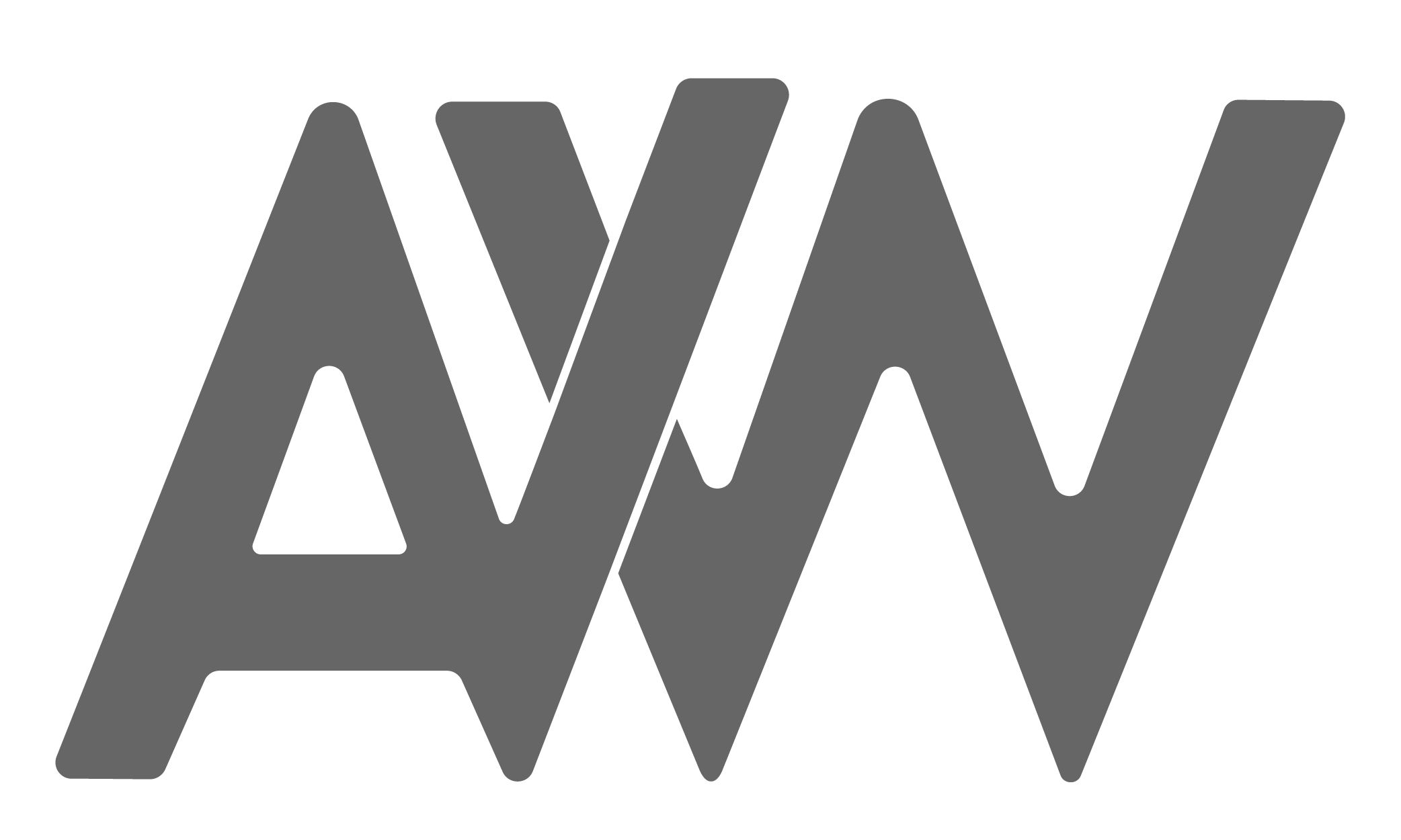TRAINING SESSION
Beyond Compliance: Strategic and Ethical AI Governance for High-Risk Systems under the EU AI Act
This workshop will provide a unique blend of law and ethics, helping professionals move beyond technical compliance to engage with AI governance at a deeper, strategic level.
By the end of this training, participants will:
- Gain strategic insight into the EU AI Act’s structure, scope and risk-based classification system;
- Deepen understanding of ethical principles such as transparency, fairness and accountability in AI governance;
- Identify compliance obligations for high-risk systems and anticipate legal liabilities;
- Explore the intersection of ethical and legal requirements to develop resilient and future-ready AI governance frameworks, and
- Apply legal-ethical reasoning to real-world scenarios across sectors.
Audience
Board Members, executives, compliance officers, in-house counsels, lawyers, policy makers & lobbyists
Duration
Half day
(2-4 hours, depending on desired depth)
Format
Interactive expert-led workshop with group discussions and case studies
Resources
Presentation slides
Compliance and strategy checklist
Access to follow-up resources
Sample Agenda
This training is designed to foster engagement and interaction among participants, ensuring that they all leave with a clear understanding of the act and actionable insights for your company.
It can be adapted to your company’s individual needs as every training includes a video (call) to optimize the training. For an optimal learning effect, we recommend face-to-face training, however, trainings can also be held online.
09:00 AM – 09:30 AM | Setting the Scene: The Strategic Relevance of Ethical AI Governance
- Introduction to the AI Act and its role in shaping digital trust in the EU
- The risk-based classification system: prohibited, high-risk, and low-risk AI systems
- Ethical foundations of regulating AI: From human dignity to algorithmic accountability
- Discussion: Why ethics matter in legal compliance and strategic positioning
09:30 AM – 10:00 AM | Core Legal Requirements under the EU AI Act
- Overview of legal obligations for high-risk AI systems
- Data governance, record keeping, transparency and human oversight
- Conformity assessment and CE marking
- Evolving liability landscape under the revised Product Liability Directive
10:00 AM – 10:45 AM | From Legal Norms to Ethical Practice: AI Governance in Action
- Key ethical tensions in AI use:
- Autonomy vs. automated decision-making
- Opacity vs. transparency
- Bias mitigation and fairness
- Case Study: Facial recognition systems and public sector AI use
10:45 AM – 11:00 AM | Coffee Break
11:00 AM – 11:30 AM | Embedding Ethics and Oversight into Organizational Strategy
- Human oversight and accountability: Who should be responsible?
- Organizational design for ethical AI: The role of legal, compliance and ethics committees
- Internal AI policies, codes of conduct and red lines
11:30 AM – 12:00 PM | Legal-Ethical Strategy Development: Tools and Roadmap
- Due diligence tools and checklists for high-risk AI deployment
- Integrating ethical AI governance into risk management frameworks
- Internal audit and monitoring approaches
12:00 PM – 12:30 PM | Final Reflections and Open Q&A
- Recap of key regulatory and ethical takeaways
- Open floor for discussion of participants’ specific challenges
- Next steps: Implementation tools and follow-up resources

The Trainer
Dr Alexandra von Westernhagen benefits from over 20 years as an EU regulatory lawyer gained in seven jurisdictions (including Brussels, the UK & Germany), in international private practice, academia (e.g. MIT) & international organizations (European Commission & OECD).
She is currently Partner & Head of EU Sustainability at Liberius Legal based in Brussels, the heart of the EU, as well as EU/Regulatory Partner at Keystone Law in London. She is also a Board member (Europe) of the Global Alliance of Impact Lawyers (GAIL).
Alexandra regularly provides EU law overview & strategic implementation trainings to company boards and members of their organizations, including to Barclays, Sodexo, Royal Mail and many other EU and international companies, law firms, public sector organizations, universities and think tanks.

